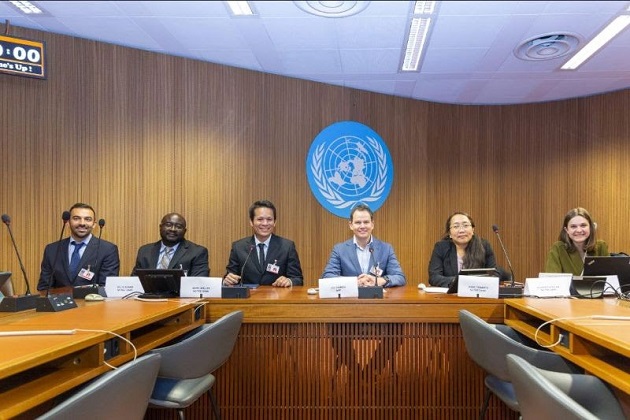Department Systems Analysis, Integrated Assessment and Modelling
Extractive industries and the human rights to water

There is growing urgency for actionable and standardized approach to human rights assessments of water extractive industrial operations that incorporates multiple dimensions of the right to water. Yet, the water issues faced by affected communities are determined by local contexts and therefore challenging to map to universal norms like human rights in a way that is both objective and transferrable. Conversely, the human right to water extends beyond the narrow dimensions of water access and availability and also includes cross cutting obligations (e.g, self-determination and non-discrimination) and inter-related rights (e.g., rights to health, healthy environment and livelihood). The nearly universal scope of human rights with respect to water makes them challenging to apply without an operational framework to systematically diagnose challenges to their implementation in practical settings. The framework that we develop addresses both challenges with a procedure to systematically diagnose multiple key dimensions of inadequate water access (e.g, green, blue and economic water scarcity or excess) and governance failures (e.g., power asymmetry or threats to hydrosocial relations). The framework then maps the diagnosed issues to specific challenges to implementation of human rights that account for their multi-dimensional nature. We apply the framework on an increasingly large global data base of cases that span the mining, agriculture, beverage, hydropower and textile industries, among others.
Funding
BHP


